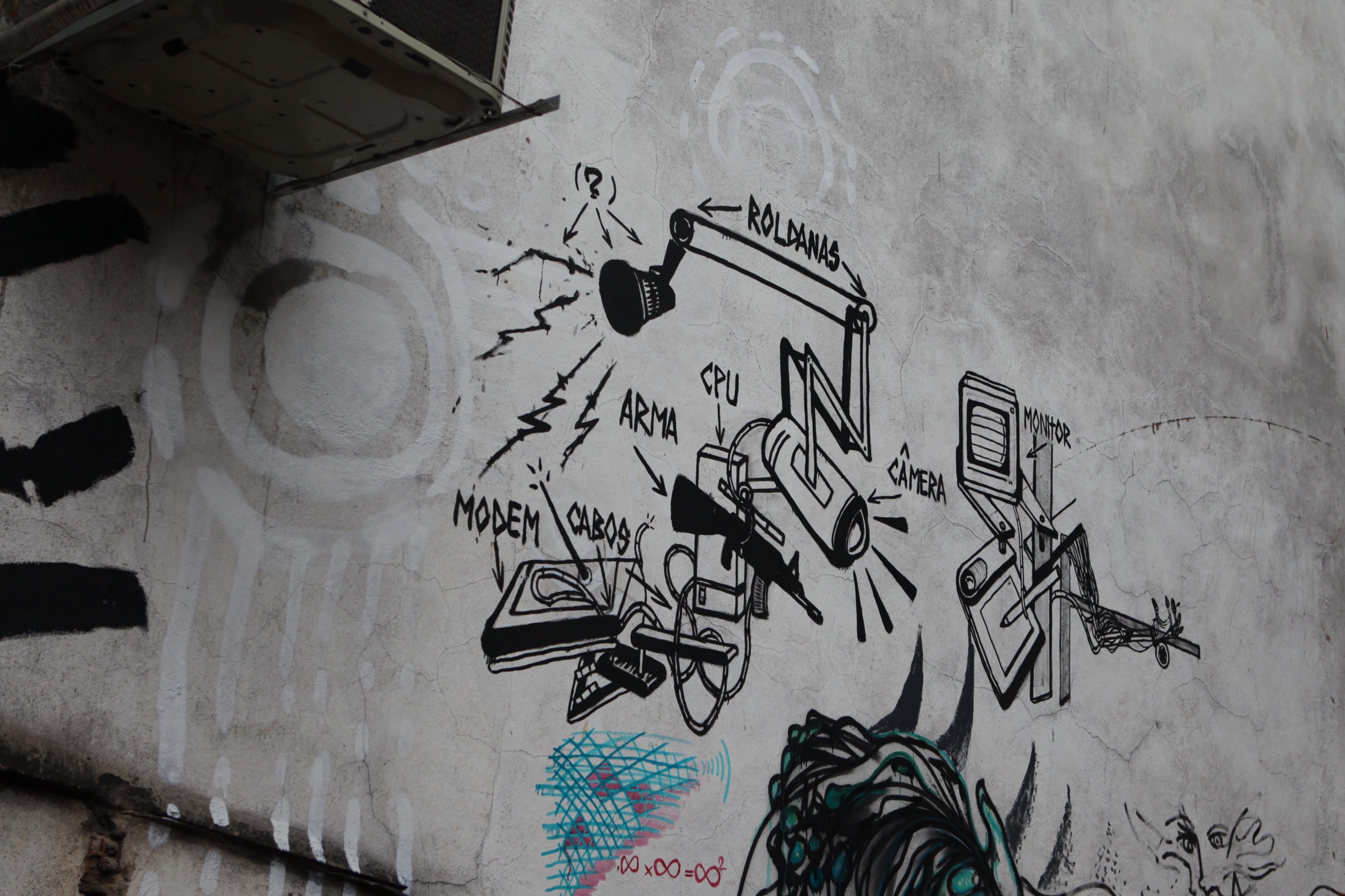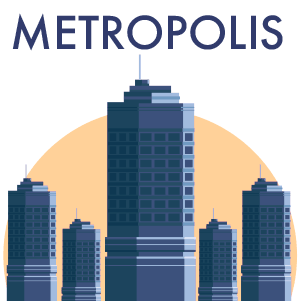

New-build smart cities have been touted by some as a solution to our global sustainability needs–build a fresh, new, efficient city based on green technologies and we can limit the damage we do to the environment. Others, including major tech powers IBM and Cisco, want to upgrade existing cities wholesale with large-scale intelligent infrastructure to reach similar goals.
But at the cost of billions of dollars, euros, or yen, and possibly decades of work, massive city upgrades aren’t a useful way to approach such problems at scale. A simpler solution–fit for a block-by-city-block transition–is needed to deal with inefficiencies, outdated buildings, and systems that make up most cities around the world.
One new program hoping to drive such a block-by-block effort is Smart Retro, an initiative recently created by Finnish think tank Demos Helsinki that aims to bring startups from the energy and sustainability sectors together with cities and developers to transition old buildings and neighborhoods up to date at a local scale. Joined by over a dozen partners across industry, government, and academia, Smart Retro is keying specifically on three locales as incubators: Stockholm’s suburb of Bagarmossen, the center of Lahti, and thedistrict of Kvadraturen in central Oslo.
Smart Retro is accepting applicants for its first incarnation until October 24, 2014, and will invite the best to work with program sponsors and city groups in a series of co-creation camps, leading to direct implementation of ideas in the urban test beds. The program runs from December 2014 until May 2015, after which the three best startups emerging from the test beds will pitch to investors at Ecosummit in Berlin at the end of June. One of its goals, according to Smart Retro’s own pitch, is to generate partnerships, spin-offs, and local business networks.
Why begin with Nordic city centers? Demos researcher Mikko Annala pointed to the decline in some urban cores in the region, where much of the building stock dates back to just after World War II, and the renewed interest in revitalizing mixed business and residential occupation in these areas. Annala explained, “Considering the amount of wealth and effort put to refurbishment projects, we saw that these projects hold a great potential to do more than fix walls and pipes. They can also address sustainable lifestyle changes and revitalization of local retail and service economies.”
Doing this well involves not only local government but potential residents, the regions’ bright startups working on sustainability, and private industry in a forward-thinking process, said Annala, something his group demonstrated as a key theme for its future-facing work when I visited with them in Helsinki in August.
“Seeing refurbishment projects in new light requires that new conceptualizations are made,” he told me. “That’s why we saw a need for creating a new holistic, integrated model for refurbishment through regeneration.” He said changing attitudes about sustainability, in particular around energy consumption, have shifted how people judge the viability, and therefore livability, of Smart Retro’s initial target cities.
“Lahti is a typical-sized satellite city, which has chosen a new direction after rundown of considerable part of local industry,” said Annala. “Kvadraturen is recovering from experiencing several problems in [the] latest decades,” he said, but it is also a key area for central Oslo’s business and government. While all of these areas have their challenges, they were selected because they still hold the promise of regeneration and growth to support new generations moving in, who will expect smarter services to go along with green living.
Aside from convening the Smart Retro program, Demos Helsinki is also home to Peloton Club, a peer-led incubator for new developments in these sectors. (Peloton means fearless in Finnish; it also describes a pack of mutually supporting riders in cycling.) “We launched Smart Retro partly to enable Peloton to internationalize,” said Annala, pointing to the rich talent Finland’s startup scene continually produces. “Smart Retro gives us an amazing possibility to work with the most interesting partners and bring together stakeholders that would not have come to collaborate otherwise.”


How We Get To Next was a magazine that explored the future of science, technology, and culture from 2014 to 2019. This article is part of our Metropolis section, on the way cities influence new ideas–and how new ideas change city life. Click the logo to read more.
